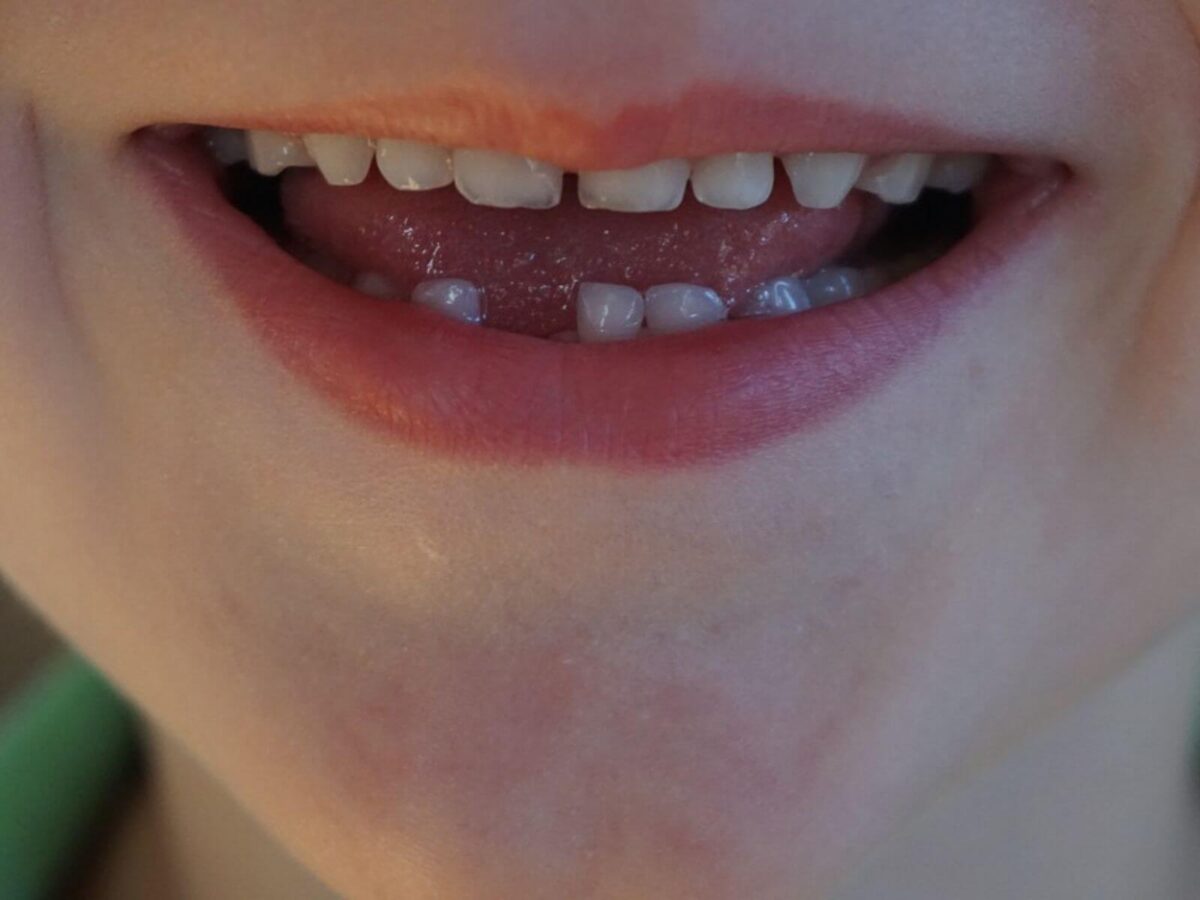Blog
Dental hygiene tips for healthy teeth & gums

Dealing With Your Child’s Knocked Out Tooth
If your child gets a minor injury, such as a scratched knee, rinse it with clean water and perhaps apply a plaster. This is because you know how to handle such small mishaps. When your child is engaged in activities such as basketball, you give them an ice pack to reduce inflammation if they fall and hit their head. But what do you do if your child loses a tooth?
Certainly, avulsed teeth, the professional name for a knocked-out tooth, is something that we, as pediatric dentists, see daily. However, these are things that most parents never anticipated they would have to handle in terms of dental emergencies.
This article will explain what to do if your child knocks out a tooth. So that you know what action to take if this happens to you.
How to Give Care to Baby’s Knocked-Out Tooth
Normally, you should come to our pediatric dentist in the next 1 – 2 hours in most cases. First, try to locate the tooth or the broken-off fragment. After you locate the tooth, you have a couple of options:
You can put the tooth in a plastic or glass Tupperware or zip lock and make sure that you cover it with liquid. Then, the order of preference goes as follows: milk, contact solution, or saline solution. If none are available, tap water will do with a pinch of salt.
If the tooth has been avulsed and you still have the whole tooth intact with the root still intact, then you can try to place the tooth in its original position. However, this second option will not work if you treat a wiggly toddler who might swallow the tooth or a baby tooth with a partially decaying root.
Please contact our office as soon as possible. So we can arrange for you to be seen at the office or given instructions on what treatment option is best at home. In cases of compound fracture, we may be able to advise you to self-manage and see you in the coming days.
Since tooth trauma can cause loose teeth, they often must be watched over the next weeks and months. Symptoms of abscesses or a dying nerve may not surface until much later. If they do, we may observe, restore, or even extract the baby tooth so that it does not affect the adult one underneath it.
How to Give Care to Knocked-Out Permanent Tooth
Regarding avulsed permanent teeth, the goal has to be the future of your child’s smile. They use their permanent dentures for speaking and chewing, and any changes to this by losing one tremendously impact their daily lives (not to mention their self-esteem.) Additionally, the gaps that result from missing an adult tooth put the patient at risk of orthodontic problems.
It doesn’t matter if it is a child, teenager, or yourself. You must visit us whenever you chip, knock out, or loosen an adult tooth. Considering loose and knocked-out permanent teeth should not be delayed because it can lead to terrible consequences.
First, find out where the tooth is. If it is a whole tooth with the root remaining intact, rinse around it to remove debris without rubbing the root surface. Tooth trauma can knock teeth loose, so monitoring them over the next weeks and months is usually necessary.
Signs of abscesses or a dying nerve may not become evident until quite some time later. If they do, we may monitor, treat, or remove the baby tooth so it doesn’t damage the adult one underneath.
- Place the tooth in a closed container (fill it with milk or saline so the teeth are completely covered).
- It is recommended that you try to avoid removing the tooth root out of the socket. Do not force it. If it will not fit as will be discussed later on or will not go in, go back to step one.
How Viable is the Tooth?
The intervention should be done quickly; thus, getting the tooth out of the mouth in the shortest time possible is advisable. The teeth you want to re-implant should be re-implanted within 30 minutes as they have a high chance of survival. In addition to storing the tooth correctly before the re-implantation process, there is also a higher success rate.
Many teeth replanted will invariably need root canal treatment at some stage in their lifetime.
In younger children (under 10 years), there is a greater capacity for forming fibrous tissue as a ‘substitute’ for nerve and blood vessels, especially if the tooth is replaced swiftly, but such teeth require follow-up care.
Resorption of the root surface can occur after re-implantation. This will be more extensive if the root surface fibers in the gums have been damaged. This will lead to more bleeding when pressure is applied.
Sometimes, endodontic therapy may be followed by the gradual replacement of the root by bone and, thus, tooth extraction. Even when the conditions are not entirely friendly, an effort should always be made to re-implant the tooth. While the tooth may not last long, keeping the area open while the child grows up before they get implants or bridges can be beneficial.
Conclusion: Avoid Having A Tooth Knocked Out
Children in contact sports should wear a sports mouth guard to avoid losing their teeth. Find out all the approaches that can be taken to prevent harm to the mouth.
However, there are other conditions in which the human mouth can contain a broken tooth without being easily detected.
This frequently occurs during contact sports or when a youngster falls suddenly and mildly without injuries. To rule out tooth breakage, the mouth and teeth must be thoroughly examined for pain, bleeding, or abrasion. Children of all ages can receive pediatric dental care at the Port Lavaca Dental office.


